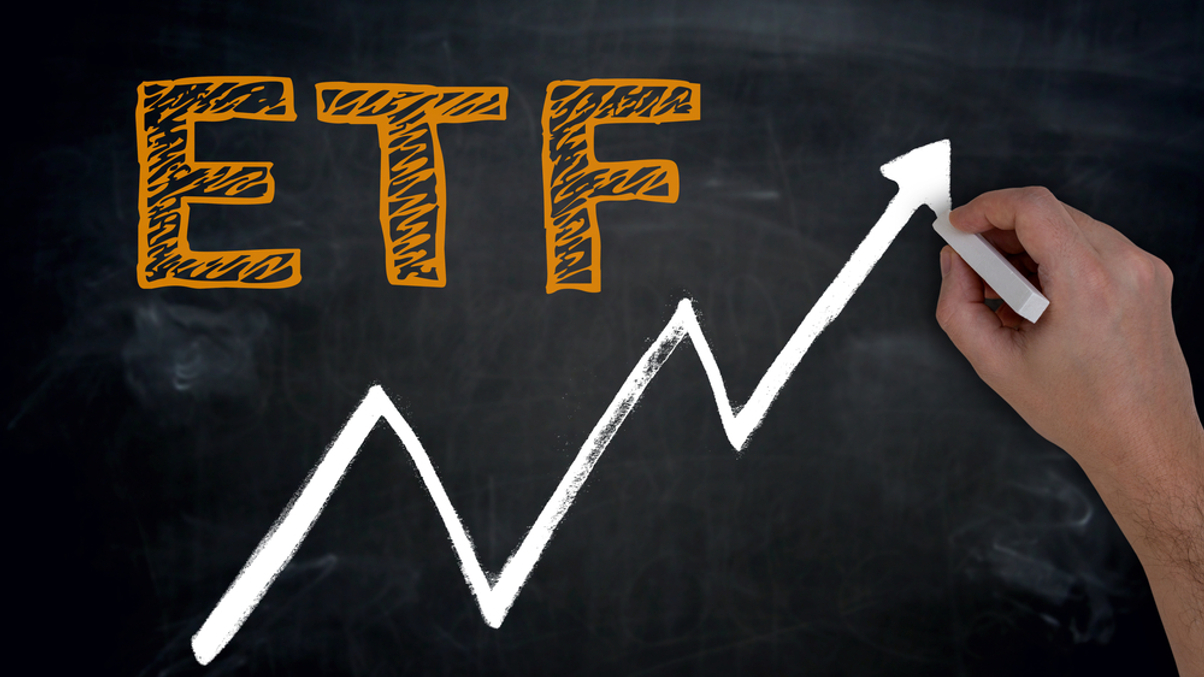ESG drives thematic ETF interest after record inflows in 2021
Despite the impact of the Covid-19 pandemic on economies, more than $1 trillion flowed into ETFs globally in 2021, with a growing number of investors looking to invest in thematic varieties.

Investors increased their appetite for exchange-traded funds (ETF) in 2021, with worldwide inflows hitting $1 trillion for the first time. Those with environmental, social and governance (ESG) themes garnered the most interest.
Sign in to read on!
Registered users get 2 free articles in 30 days.
Subscribers have full unlimited access to AsianInvestor
Not signed up? New users get 2 free articles per month, plus a 7-day unlimited free trial.
¬ Haymarket Media Limited. All rights reserved.


